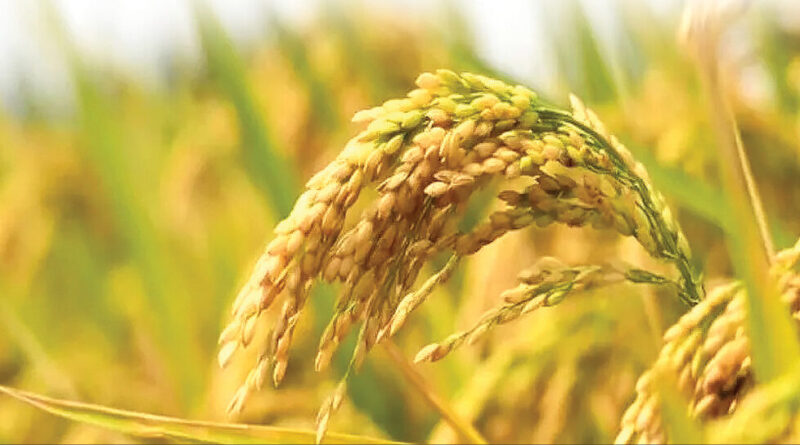Less yield in direct rice seeding, few incentives push farmers to transplantation method
By Mahesh Sharma
Resumption of traditional transplantation method of paddy cultivation from water conserving Direct Seeded Rice mode has emerged as a matter of concern among environmentalists, agricultural experts and manufacturers of agricultural implements.
Extra expenditure on weed management in DSR method accompanied with substantial reduction in yield were identified as major reasons behind the withdrawal from otherwise effective and sustainable methods that accounted for around 60 per cent saving of water required for transplantation method.
Inadequate incentive of Rs 1,500 per acre of land cultivated by DSR method was said to be another factor behind the tendency of farmers returning to traditional method of transplantation.
On the other hand, authorities in the Agriculture Department of the Punjab Government have claimed that the direct sowing of short-duration varieties was still feasible if undertaken according to guidelines of the institutes engaged in promotion of paddy cultivation.
Farmers who had earlier shifted to direct sowing by broadcasting of rice seeds in heavy soil and had purchased their own equipment to undertake the cultivation according to recommendations of personnel in the agricultural department, have started resorting to the traditional system, basically due to increased cost of weeding.
“I undertake paddy cultivation in 450 bighas of Dakkar (higher clay component) land, which is suitable for direct sowing of rice, but will resort to traditional method of paddy plantation as I had suffered more losses on weeding and decline in yield than the incentive being paid by the government,” said Bhajan Singh Ballu of Baurhai Kalan village, maintaining that he would be ready to undertake DSR if government hikes the incentive to Rs 1,000 per bigha from current rate of Rs 300 per bigha. However, farm unions are demanding Rs 2,000 per bigha as encouragement amount. Ballu has also offered to lend his equipment free of rent for those who wish to cultivate paddy by DSR.
Inder Ghataura, an entrepreneur manufacturing agricultural implements, acknowledged that there had been a steep decline in demand for purchase of new DSR machines even though the government is allowing substantial subsidies on purchase of each machine.
Chief Agricultural Officer, Malerkotla, Harbans Singh argued that breaking the cycle of weather-resistant seeds of weeds could improve crop yield and minimise expenses on weed control.
“We never recommend that farmers should adopt the DSR technique simultaneously in all of his fields as the direct sowing, undertaken consecutively for more than three years might increase chances of accumulation of weather resistant seeds of certain weeds,” said Harbans Singh, maintaining that it was still feasible to sow short-duration varieties like PR 126, 127, 128, 129 and 130 at this juncture.
Acknowledging a panic about alleged failure of crops sown directly in the past, Singh said the cultivators had failed to comprehend that wilting of almost all plants takes place in the afternoon when the temperature is extremely high. “Unfortunately, some farmers construed failure of the seedlings by making observations during the hottest hours of the day whereas the seedlings should be observed both in mornings and evenings,” he said
Irrigating the directly sown rice fields within two weeks of broadcasting, also renders the root-system weaker and the effect of weedicides diluted, added Singh.
Incentive of Rs 1,500 per acre
Extra expenditure on weed management in DSR method accompanied with substantial reduction in yield were identified as major reasons behind the withdrawal from otherwise effective and sustainable methods that accounted for around 60 per cent saving of water required for traditional method of paddy transplantation. Inadequate incentive of Rs 1,500 per acre of land cultivated by DSR method was said to be another factor behind the tendency of farmers returning to traditional method of transplantation.
This article has been republished from The Tribune.

